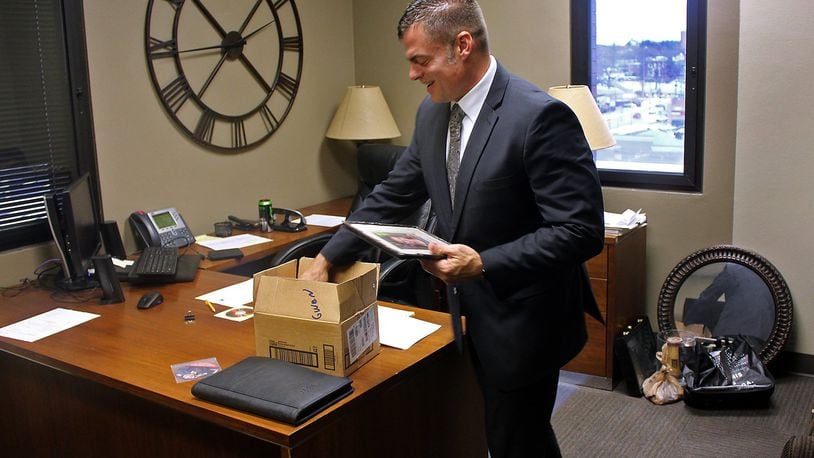The Pike County murders caught the nation’s attention when eight people were killed in the middle of the night, a case that launched a mult-year investigation by Ohio authorities. Christopher Rhoden, 40, Kenneth Rhoden, 44, Gary Rhoden, Dana Lynn Rhoden, 37, Clarence “Frankie” Rhoden, 20, Hanna Mae Rhoden, 19, Christopher Rhoden Jr., 16, and Hannah Gilley were killed.
Four people, George “Billy” Wagner III; his wife, Angela Wagner; and their sons, George Wagner IV and Edward “Jake” Wagner, have been charged. They have all pleaded not guilty.
The defense for Jake Wagner is asking the court to remove Wilson from the case citing a conflict of interest and state law. They say that the governor’s office has major influence over the state’s public defense office — which employs the lawyers for Jake Wagner.
“The questions this court must ask are how willing would defense counsel be to upset opposing counsel who has power and influence over their and their director’s careers, as well as their agency’s next biennium budget?” the defense wrote in their motion. “And would a defendant trust counsel who may be subject to such pressures to please opposing counsel? The fact that these questions must be asked shows counsel for Edward “Jake” Wagner might be tempted to dampen the ardor of their defense to placate opposing counsel and Governor DeWine.”
However, prosecutors say there is no conflict.
“To the contrary, the core of defendant’s claim is based on speculation of what could happen if they zealously represent their client and pre-supposes that the governor could be retaliatory if they did nothing more than zealously represent their client,” prosecutors responded with their own court document. “This ignores the fact that it would be far more upsetting if they did not zealously represent tier client, given that is what they are legally and ethically bound to do. Regardless, the defendant’s conjecture of ‘what ifs’ does not rise to the level of an actual conflict.”
A judge in the case is expected to rule on this motion and others at a later date.
About the Author
